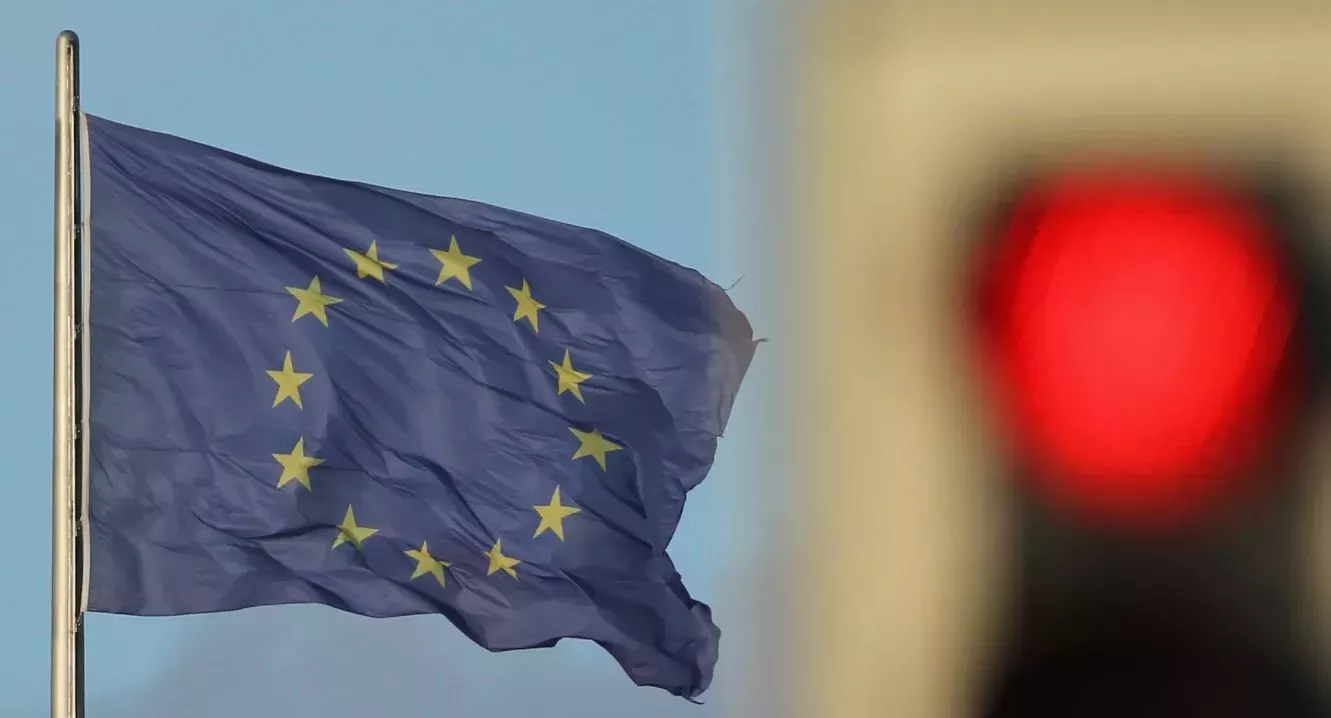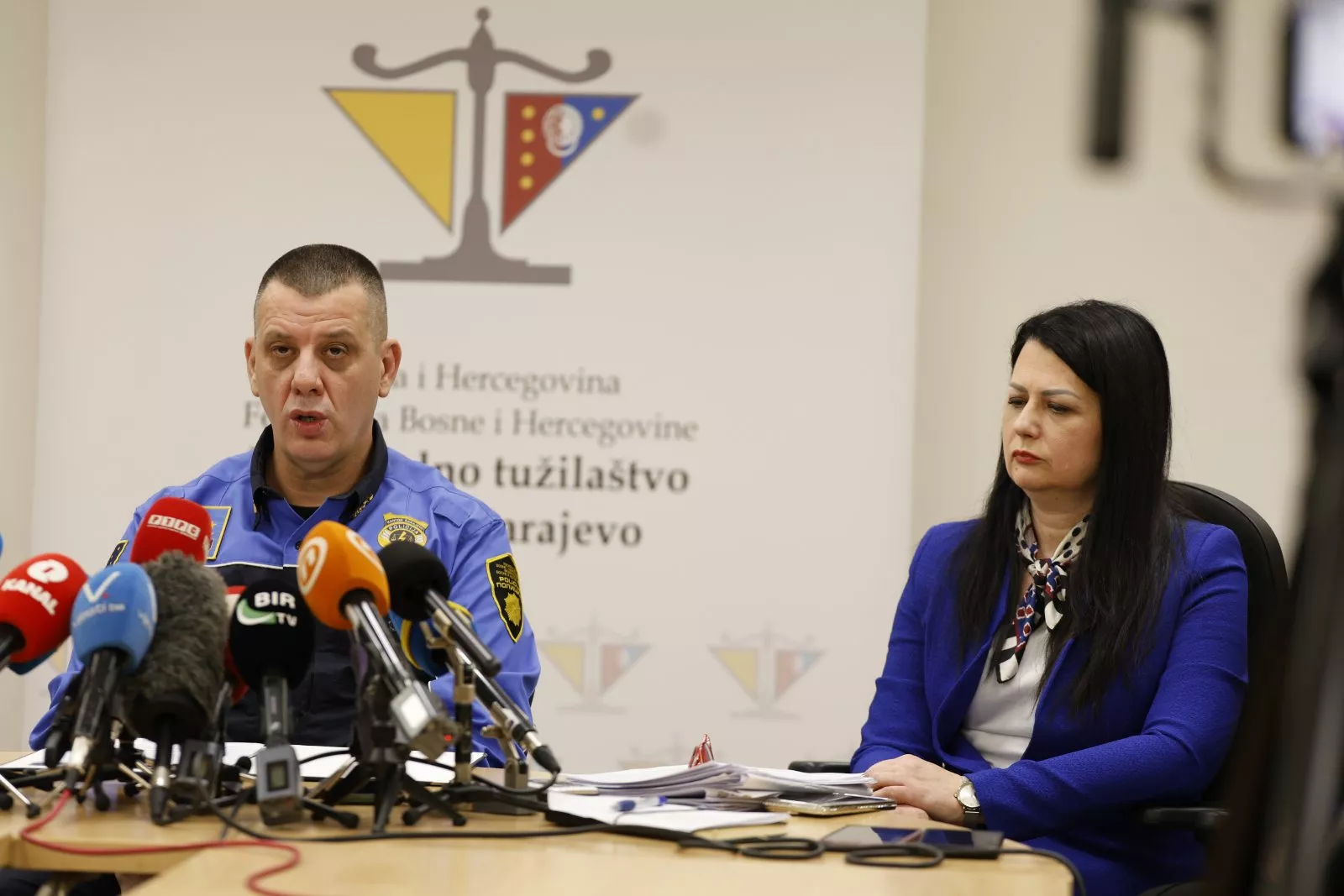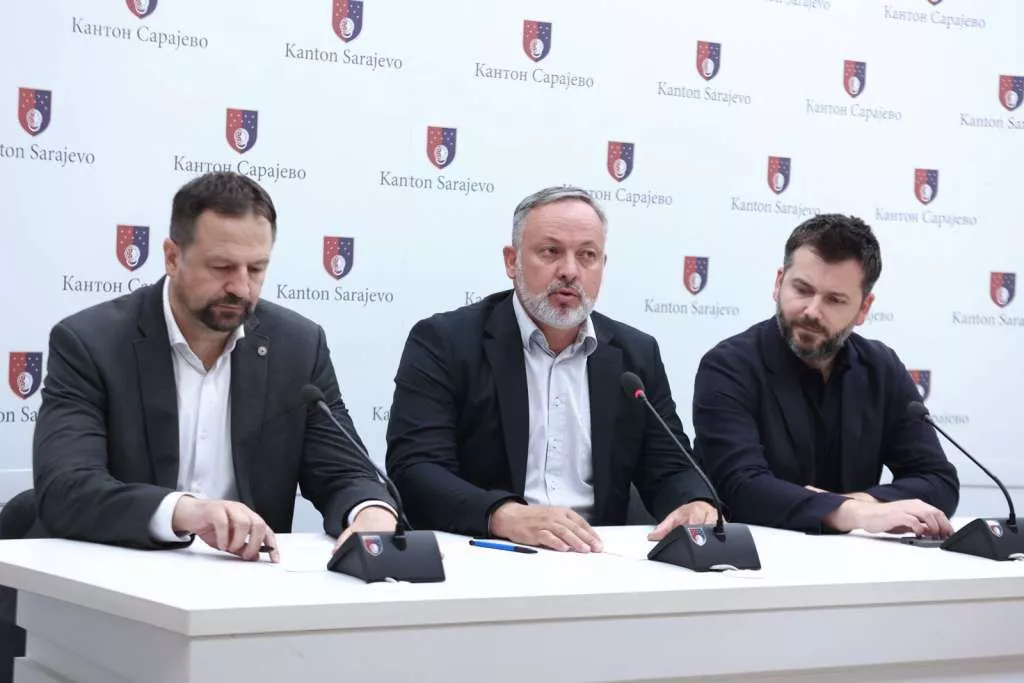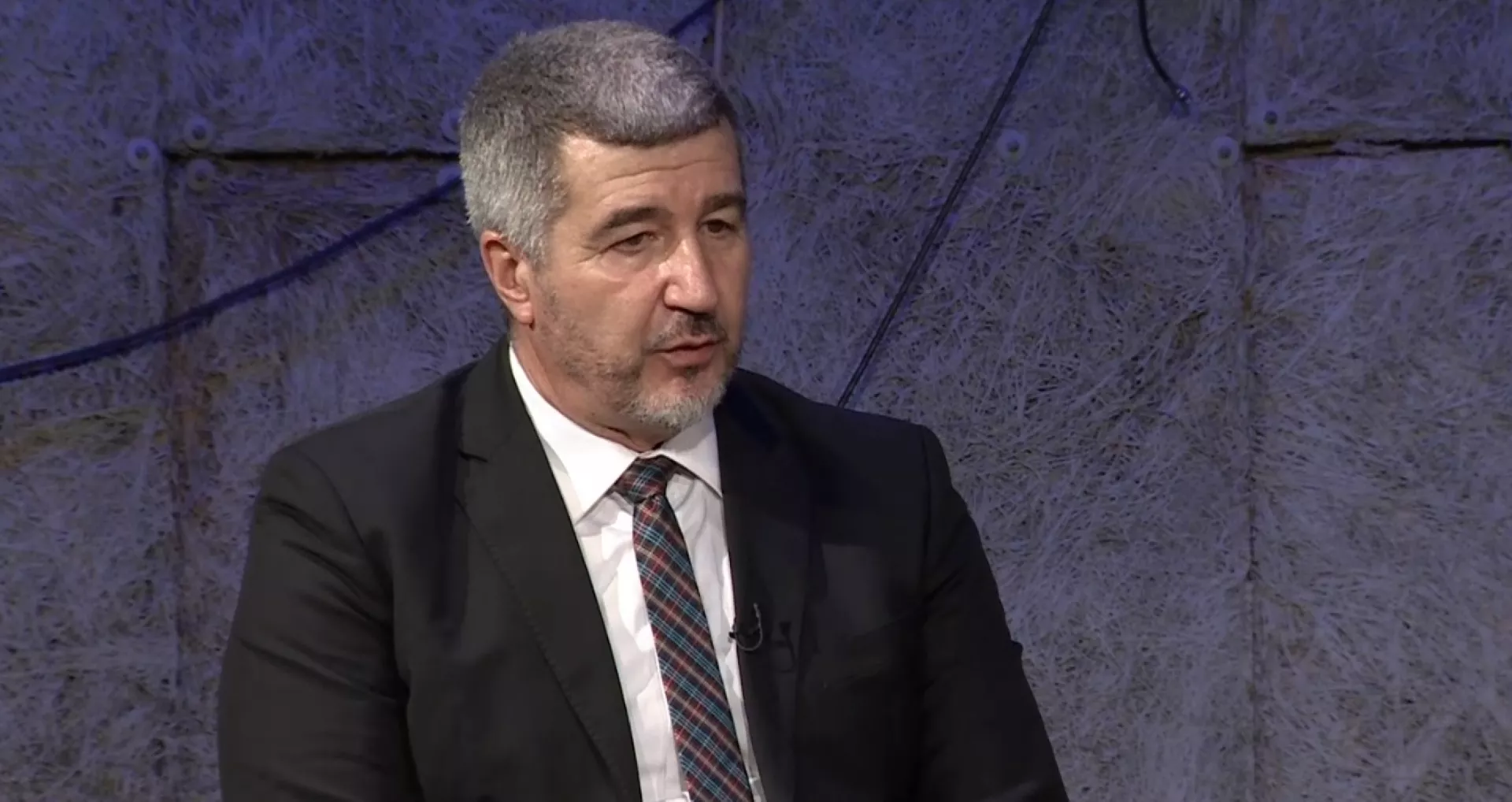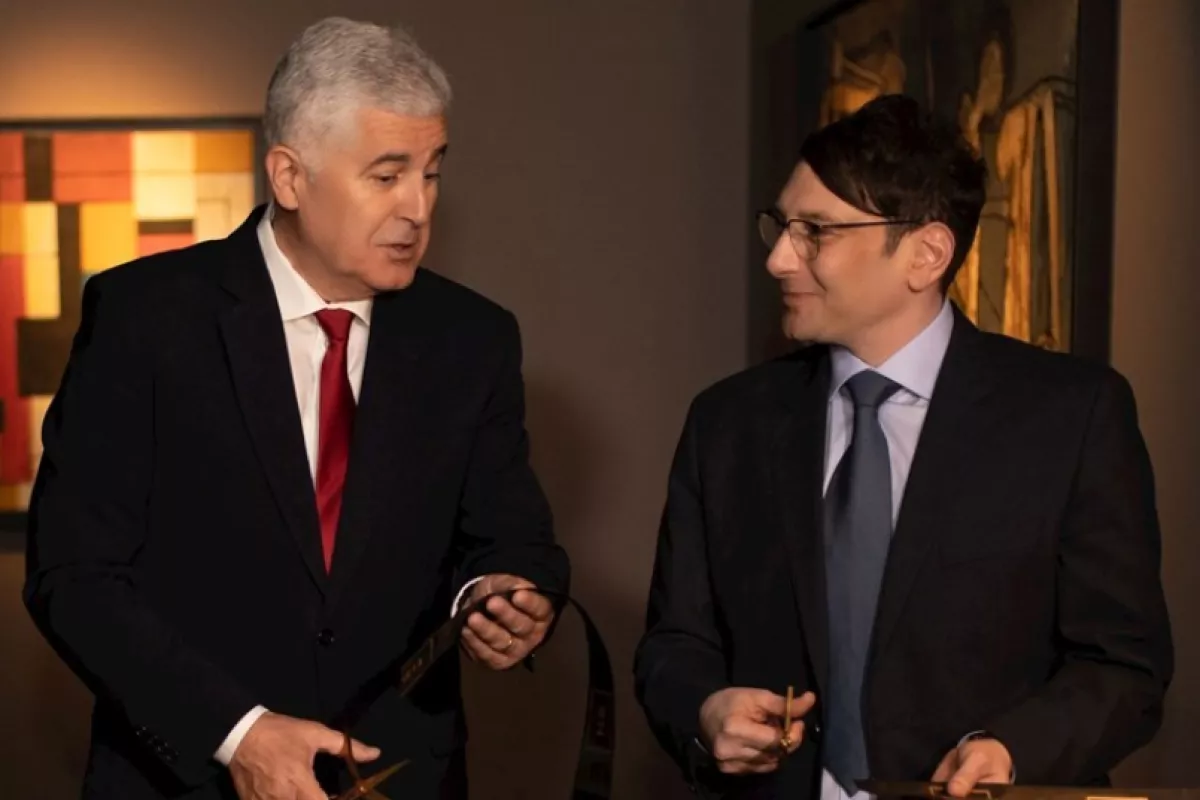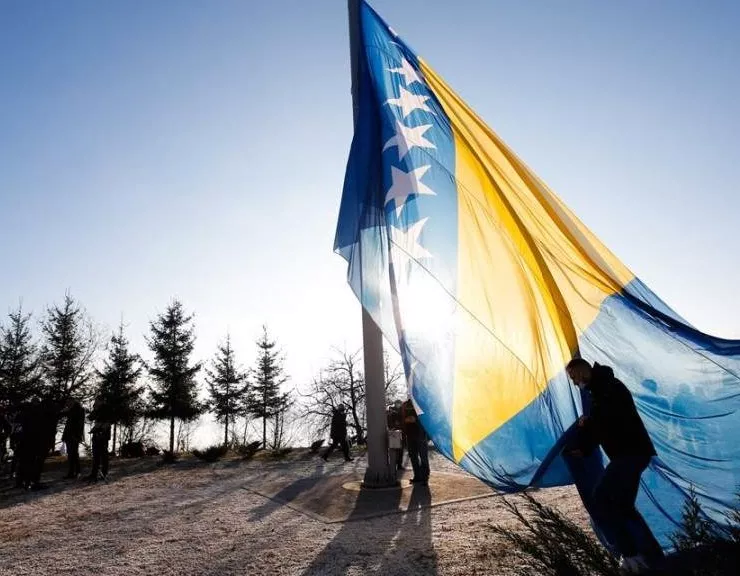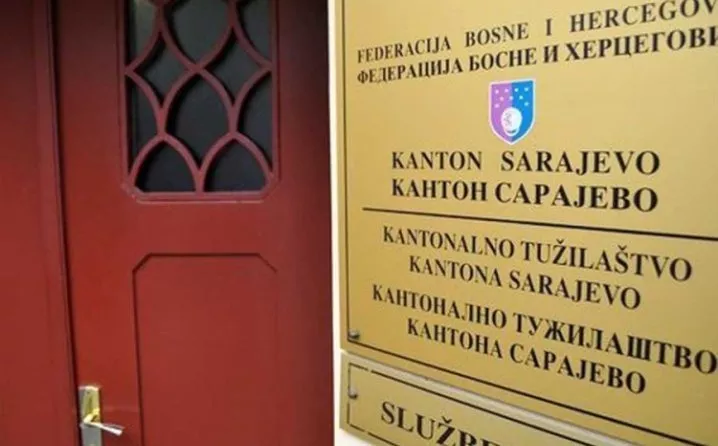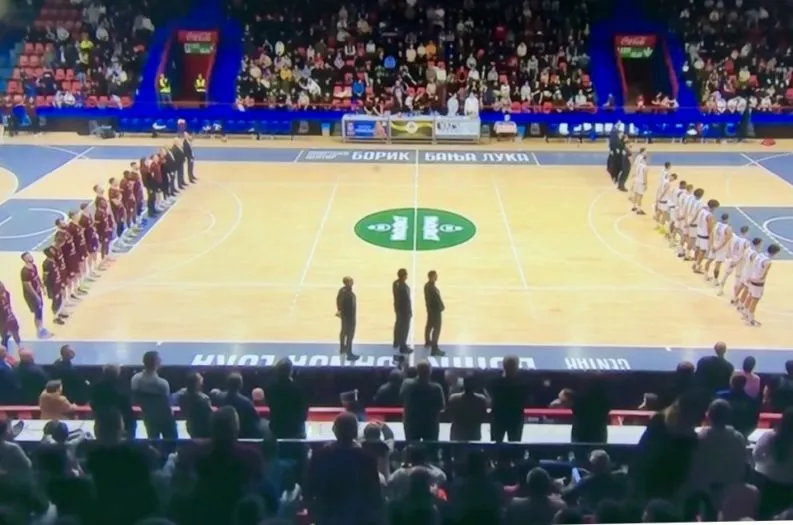

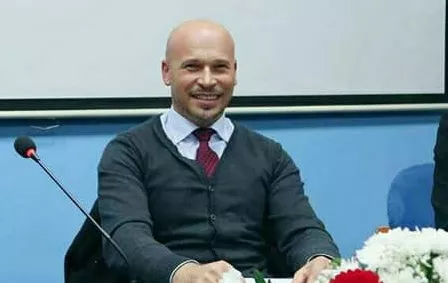
Nermin Tursić, Ph.D.
While various domestic and international actors are seeking a solution to the political crisis in Bosnia and Herzegovina, and as various political analysts are trying to explain the current situation by defining it as ‘secession’, ‘secession without secession’, fighting for ‘original Dayton Bosnia and Herzegovina’, hiding the crime and corruption, and what have you, one fact is being ignored: this crisis is taking place according to a previously established scheme.
Namely, at the beginning of the nineties, in the name of saving Yugoslavia (SFRJ), FR Serbia, led by Slobodan Milošević, initiated constitutional changes that abolished the previous status of the autonomous provinces of Kosovo and Vojvodina.
In this way, it replaced the principle of divided sovereignty with ethnic (hegemonic), and redistributed political power and strengthened the republican in relation to the federal level of government.
It declared sovereignty and independence (Article 72 of the 1990 Constitution of the Republic of Serbia), and based on the Article 135 proclaimed the supremacy of republican laws in relation to federal ones. Shortly afterwards, the Assembly of the Republic of Serbia adopted a set of laws related to the monetary and fiscal policy, international relations, as well as laws related to its own credit and monetary policy, price control policy, customs and other duties on imported goods. These revenues were paid into their own accounts instead of federal ones (legal areas that were at the same time under the sole competence of the federal authorities).
Although it de facto removed itself from the jurisdiction of the SFRJ, with such a political strategy it became the most powerful republic within the Yugoslav federation. It created new political realities that meant replacing constitutional and legal provisions with the principle of political agreement on the future of the federal state.
In this way, negotiations on the status of the Republic of Slovenia began, although the territorial integrity of the SFRJ was guaranteed by parliamentary competence (Article 238 of the SFRY Constitution). The formation of Serb territories in the Republic of Croatia and the Republic of Bosnia and Herzegovina began based on the same principle, with the intention of remaining part of the truncated Yugoslavia. Also, the multinational and multiethnic structure of the JNA (Yugoslav National Army) was unconstitutionally overthrown and turned into a unified Serbian army. Therefore, the joint armed force that was the guarantor of the territorial integrity of the federal state ceased to exist.
Irrespective of the fact that these activities also marked the end for the Yugoslav federation, the Republic of Serbia, led by Slobodan Milošević, declared itself the greatest advocate of the survival of the Yugoslav federation. More specifically, it was considered the guardian of the ‘territorial integrity of the SFRJ’, fighting against ‘secessionist policies’ pursued by other Yugoslav republics. This fallacy created a model that aimed to ‘overthrow the state in the name of the state’. The rest of the political story about the former Yugoslavia is more or less known to everyone.
Now the question arises as to what activities are taking place in the political processes led by the Bosnian entity ‘RS’ led by Milorad Dodik? First of all, the concept of creating new political relations and new ‘realities’ in the state of Bosnia and Herzegovina can be noticed, just as it was in the very beginning of the nineties in the SFRJ. The entity ‘RS’ as an ethnically homogeneous entity in every respect is trying to declare itself superior, self-sufficient and self-sustainable in relation to the entity ‘Federation of Bosnia and Herzegovina’, but also the state of Bosnia and Herzegovina.
This reveals the intention to step out of the field of law and enter the field of political bargaining. That is, they are trying to replace the existing constitutional and legal framework with a political form of agreement with regard to the future of Bosnia and Herzegovina and the further status of the ‘RS’ entity. That same agreement should be based on the will of the two entities and the three constituent peoples, of course, with the unconstitutional qualification of the ‘RS’ entity as the exclusivity of the Serb people and Serb interests in Bosnia and Herzegovina.
In parallel with these activities, the Assembly of ‘RS’ adopted conclusions defining the obligation to adopt entity laws in the next six months, after which it will no longer be possible to apply the laws of the state of Bosnia and Herzegovina on ‘its territory’, in the following fields: VSTV (HJPC) , defense, intelligence, SIPA, indirect taxation, payments to the single account and distribution of income, UIO (ITA), taxation procedure, procedure of forced collection of indirect taxes, VAT and excise duties.
In addition to the adoption of a set of entity laws, the ‘RS’ authorities plan to establish parallel entity institutions, such as the RS VSTV, the (monoethnic) RS Army, the RS Intelligence service, the RS Indirect Taxation Authority, and the Traffic and Control Agency for quality of medicines and medical equipment of the RS, as well as other institutions for revenue collection. All the collected revenues will be paid into the entity accounts instead of the state accounts as it has been done thus far.
It can be concluded that this is an almost identical set of laws adopted by the Assembly of the Republic of Serbia within the SFRJ, as it can be concluded that exactly thirty years later, in an identical way, the Bosnian entity ‘RS’ declares supremacy of its own laws in relation to the state ones. In this way, it is de facto excluded from the jurisdiction of the state of Bosnia and Herzegovina.
This is also the equivalent of the term ‘legal secession’ from the state of Bosnia and Herzegovina and is one of the most important preconditions for the realization of complete secessionist intentions. All these activities are conducted under the pretext of preserving the ‘original constitution of Bosnia and Herzegovina’ (although the political establishment of the ‘RS’ claims that if there is no ‘original Dayton’ there will be no state of Bosnia and Herzegovina).
Finally, it should be stressed that the main destroyer of the state, Milorad Dodik, with his political and coalition associates, proclaims himself the protector of ‘Annex IV of the Dayton Peace Agreement’, and thus the protector of territorial integrity and state sovereignty of Bosnia and Herzegovina. The familiar scheme. In the name of saving the state, overthrow the state! The motto that can be linked to Slobodan Milošević's political activities is reincarnated in the work of Milorad Dodik. Of course, without any naivety, he does so with the help of various domestic academic, political and religious centers of power, as well as those from the neighbourhood. There is no coincidence, only well-tried modalities and harmonized political processes.
